The Story of Kampung Akuarium
Kampung Akuarium was torn to pieces in a matter of days, but the stories of people and organisations who came together to fight for their rights and rebuild their homes should not be forgotten.
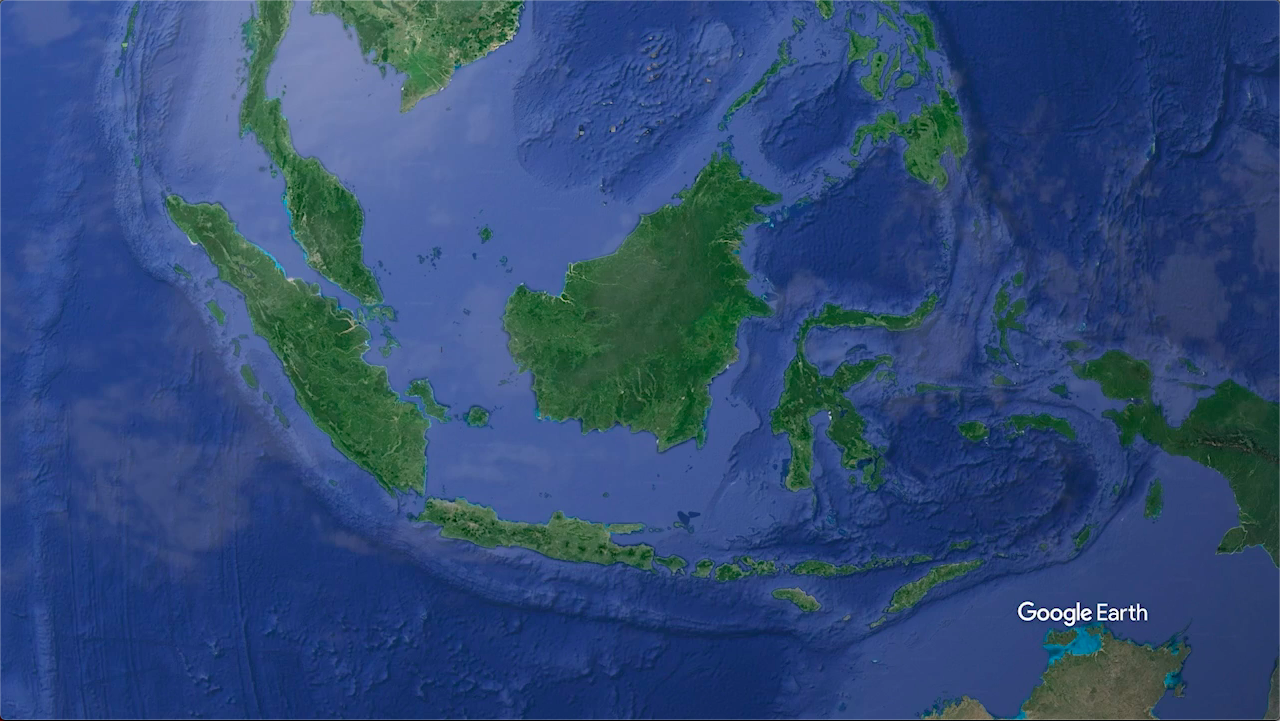
January 2020
After the vast malls and numerous skyscrapers of Central Jakarta, Kampung Akuarium offers a stark contrast. We are greeted with rows of houses built closely together, a sea of houseplants, makeshift communal toilets and an army of mosquitos from the stagnant water that surrounds the kampung.
According to the RUJAK centre for Urban Studies, kampungs are a type of settlement made by people which predominantly do not follow the government building regulations. Kampungs in Indonesia are known for having their own unique way of living. They are considered to be a safe space for people who recently moved to the city and are settling in. Further, kampungs develop their own support systems to support the livelihood of its occupants.
Kampung Akuarium is on its way to rebranding its kampung identity. It has overcome major tragedy and is on the path to prove how the kampung way of living can still align with the way of a developing nation.
On 11 April 2016, the homes in Kampung Akuarium were demolished as part of the then Government’s plan to revive 15 kampungs. According to the RUJAK centre, in the days leading up to the demolition, the government authorities employed intimidation tactics to force the residents to evacuate the area.
However, immediately after the demolition, 45 per cent of the residents returned to the area, set up shacks and tents to live in and started rebuilding the kampung.
It may just be a government policy for some, but we often forget that places such as Kampung Akuarium are filled with people who call it their home.
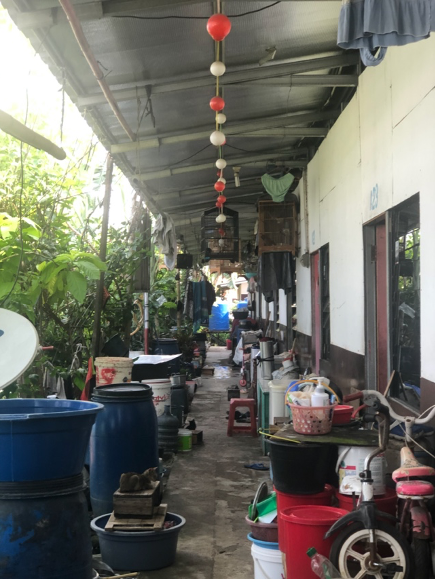
Temporary shelters in Kampung Akuarium, 16 January 2020 (Sayee Shree L.R)
Temporary shelters in Kampung Akuarium, 16 January 2020 (Sayee Shree L.R)
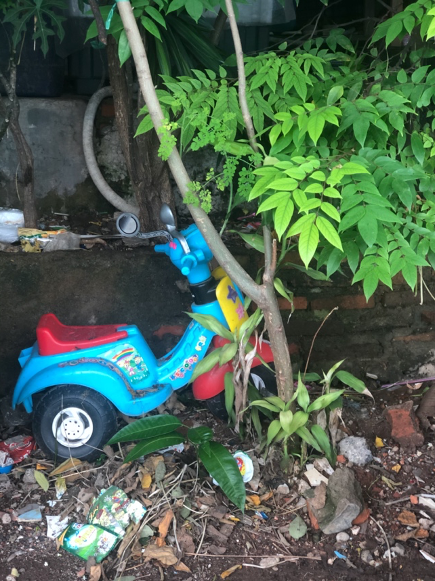
Pictures from Kampung Akuarium, 16 January 2020 (Sayee Shree L.R)
Pictures from Kampung Akuarium, 16 January 2020 (Sayee Shree L.R)
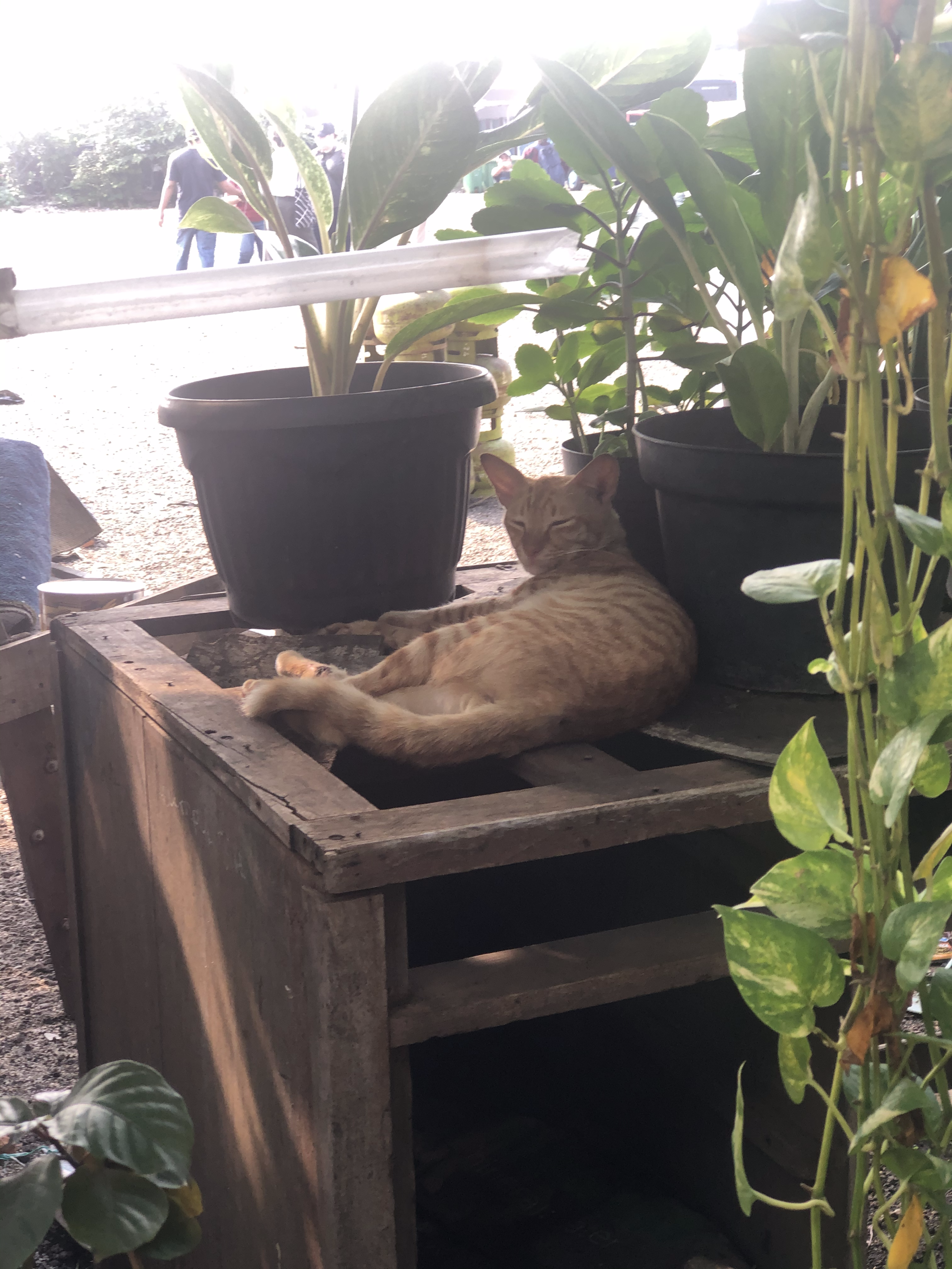
Pictures from Kampung Akuarium, 16 January 2020 (Sayee Shree L.R)
Pictures from Kampung Akuarium, 16 January 2020 (Sayee Shree L.R)
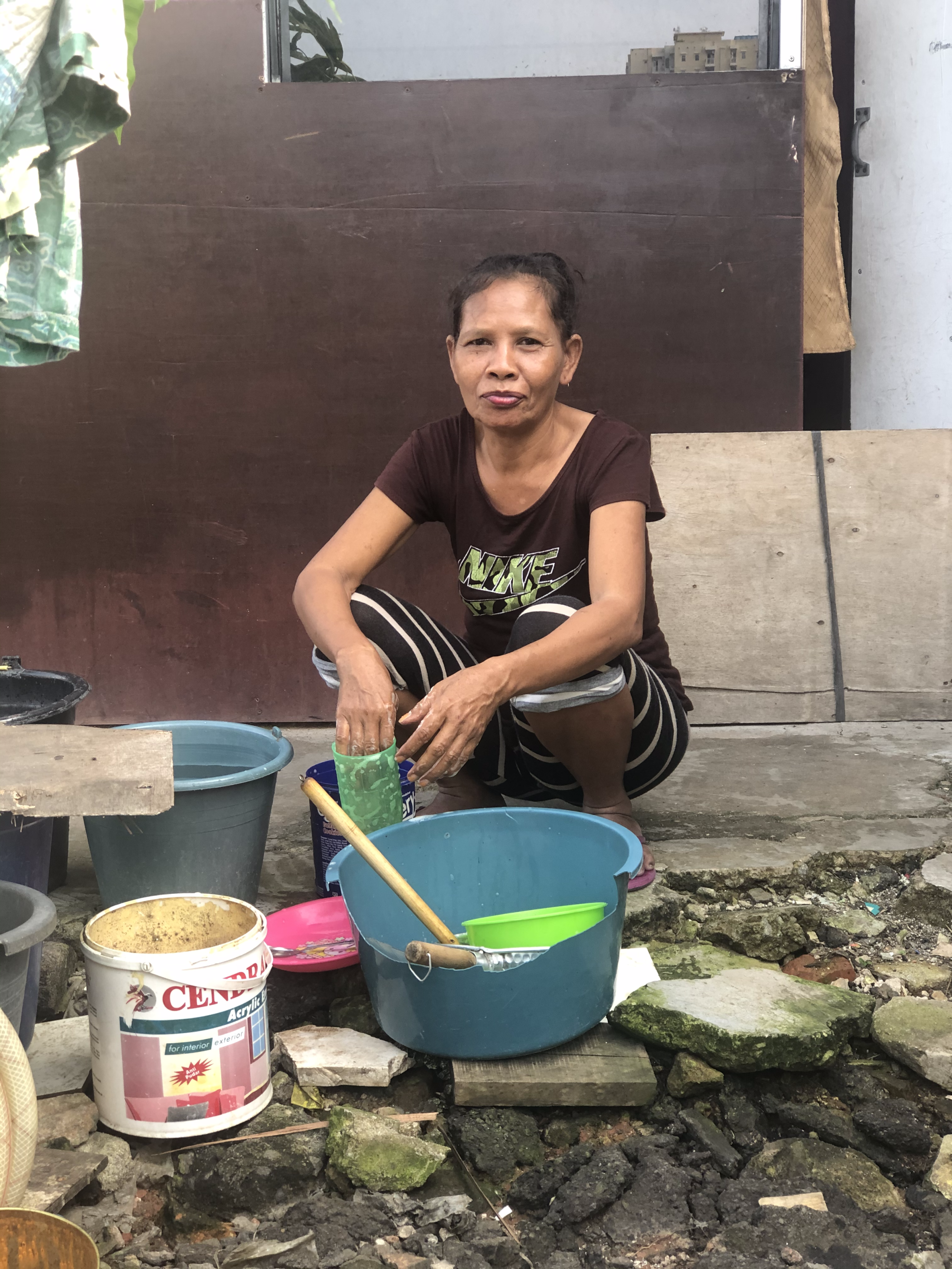
A resident of Kampung Akuarium, 16 January 2020 (Sayee Shree L.R)
A resident of Kampung Akuarium, 16 January 2020 (Sayee Shree L.R)
Final stage of approval
With the help of the RUJAK centre and with the backing of the political contract signed in April 2017 between Urban Poor People's Network (JRMK), Urban Poor Consortium and the Government, plans for the new houses for the residents of Kampung Akuarium was in its final stage of approval in January 2020.
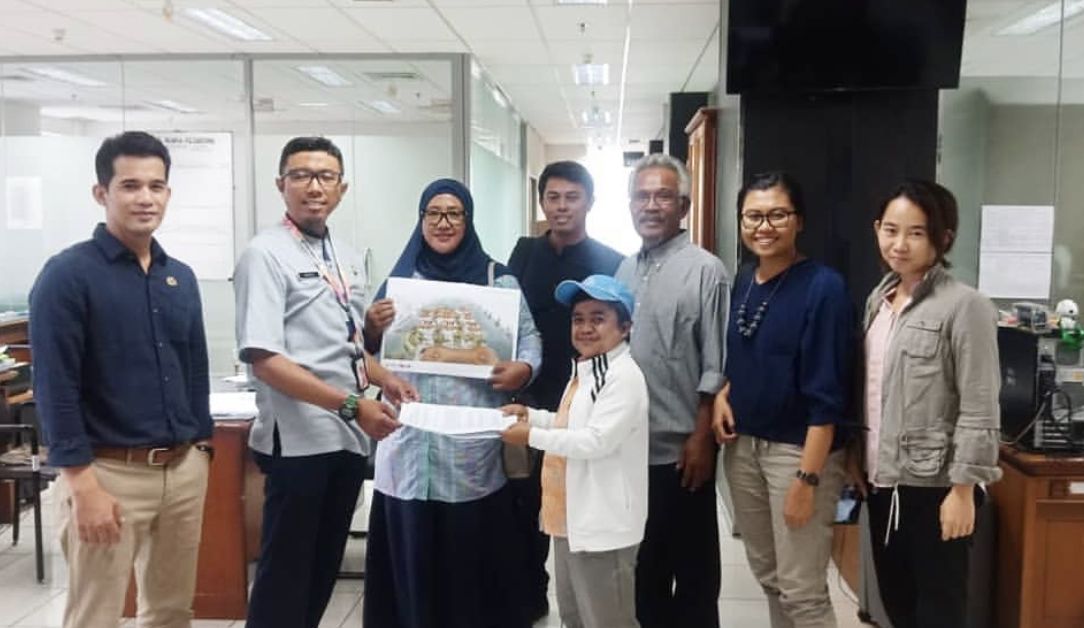
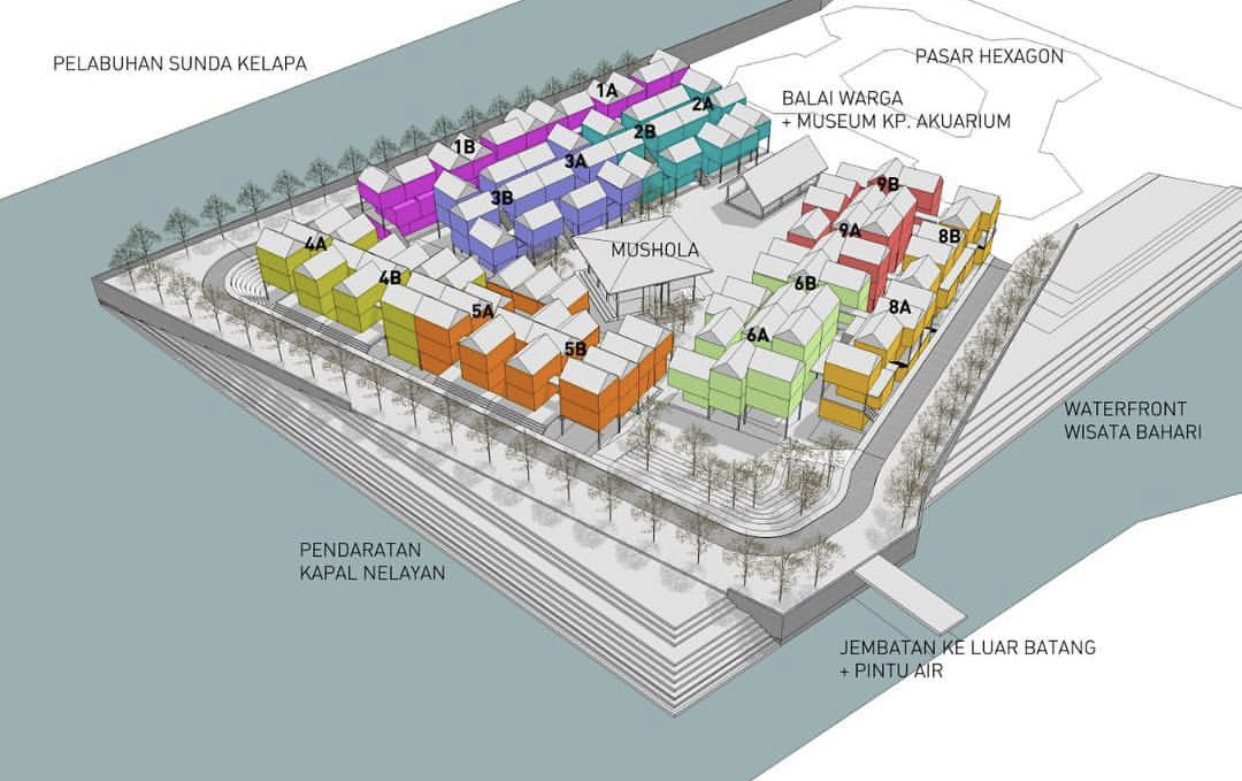
Instagram - @kampung_akuarium
Instagram - @kampung_akuarium
When asked about the struggles they had faced since signing the political contract in 2017, one of the architects behind the kampung’s rebuilding, Amalia Nur Indah Sari, said the reason it had taken them almost two years to get the design plan approved was that kampungs predominantly had a negative stigma, so it was harder for them to get the Government’s attention.
May 2020
Kampung Akuarium is located inside the heritage area, and in order to build any structure there, the local Heritage Board of the province must be consulted.
Amalia says her team has had many consultations with the Heritage Board over a long period and have already obtained their recommendations. The next step, to consult with the Building Board, was also done. However, recently, they have received some new recommendations from the experts.
"I don't know why, but they also talk about architectural again, they also talk about heritage again. And so this is kind of frustrating because you know, we think that the heritage aspect, we already talked with the heritage board but why still facing the same issues", she says.
Despite the roadblock, they have continued to work on and improve the design and its detailing. Amalia says the housing department hired a third party to help them with the detailed engineering drawing. They have worked together the past couple of months and now have a drawing that is ready for construction.
They face yet another review before the Building Board for construction to begin. Although they had expected to start the construction in March, it was postponed due to the new recommendations. But Amalia says the Governor's staff hope the construction can finally begin in June, despite the pandemic, but it all depends on the outcome of the review.
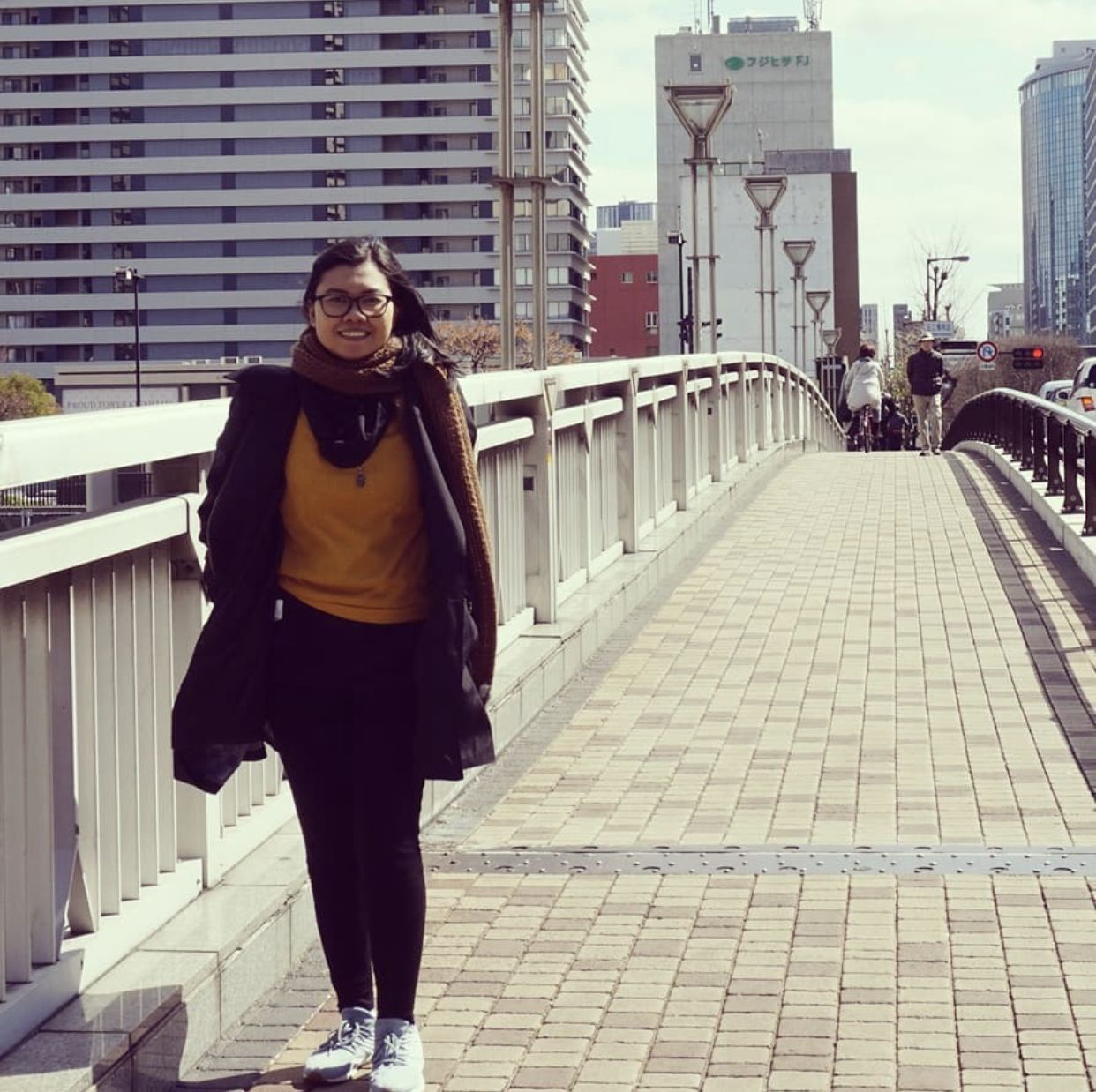
Meet the people of Kampung Akuarium
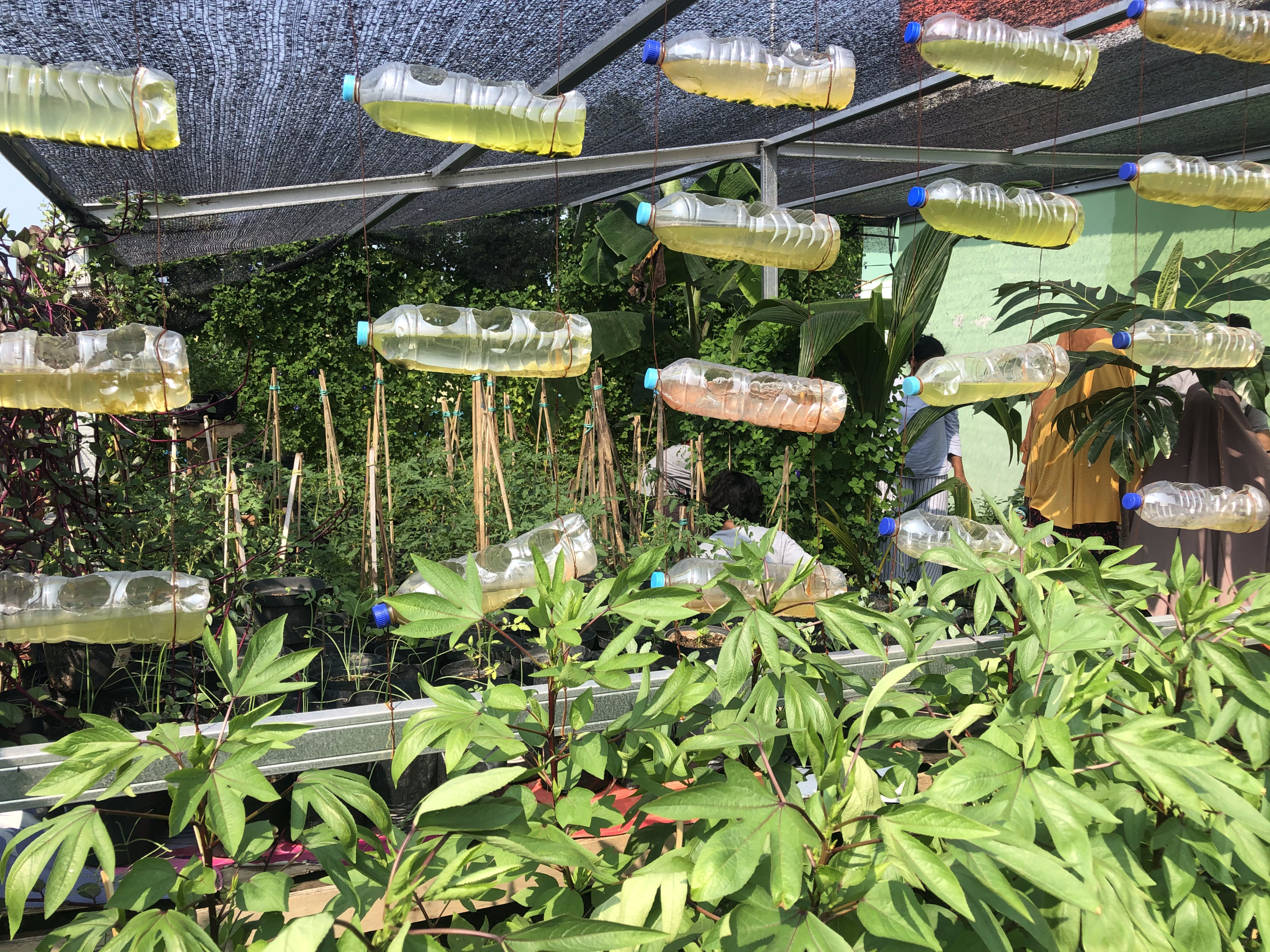
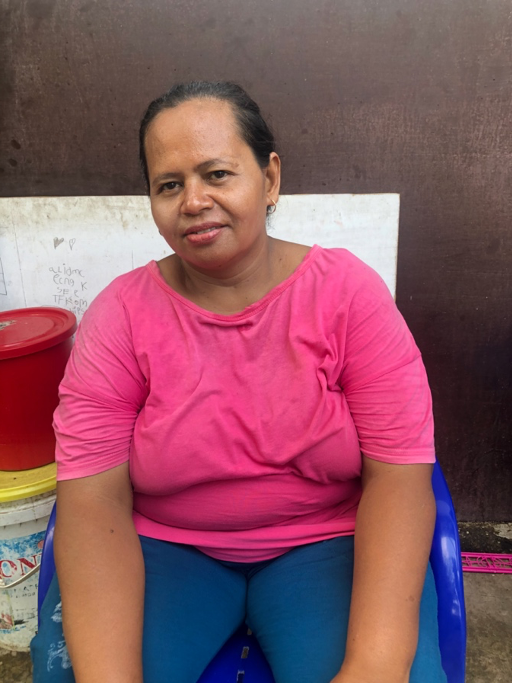
Ibu Anis, a resident of Kampung Akuarium, 16 January 2020 (Sayee Shree L.R)
Ibu Anis, a resident of Kampung Akuarium, 16 January 2020 (Sayee Shree L.R)
Ibu Anis
As translated by Ibu Amalia: I am one of the people that came back to this kampung and built the shacks and my section was near the sea. And because the conditions of the shacks were so poor, I had to rent one room in the nearby kampung for my kids. I faced the very poor condition on the shacks. I had to get clean water communally. RUJAK also helped the people who lived in the shacks to get the clean water. So, RUJAK made a kind of small pond to get the clean water from the next kampung. So, the next kampung had the water spring and then we make the installation and bring it to the pond, so the people get the clean water from those ponds. I got the clean water from that. I feel lucky unlike my neighbours. I never faced any health problems. I am afraid of cockroaches. So sometimes when the rain comes, because it’s just the soil and no plaster under the shacks, the cockroaches come inside my shack. But if you ask others, the neighbours, you may not get this story but during their living in the shacks this area lost 24 people because they lived in the shacks in very poor condition.
Ibu Yanti
As translated by Mbak Michelle: I just follow my neighbours. So, if the people like go back here, I just go back. Because if I go like to the public housing, it's really expensive. Like one room is like 1 million Rupiah. Yeah, it's really expensive. So, when the Governor built, this house, I just came back. So, I was really struggling. Yeah, my husband didn't have a job. So, we just depend on our reserve money. And after one week, my husband got a job. And yeah, it's getting slowly stabilising.
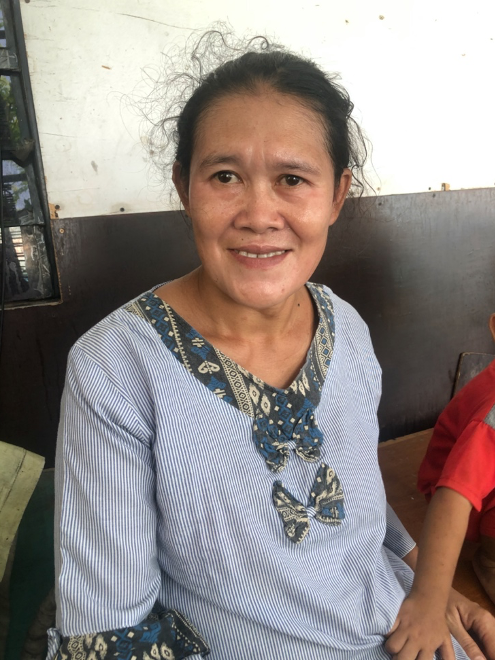
Ibu Yanti, a resident of Kampung Akuarium, 16 January 2020 (Sayee Shree L.R)
Ibu Yanti, a resident of Kampung Akuarium, 16 January 2020 (Sayee Shree L.R)
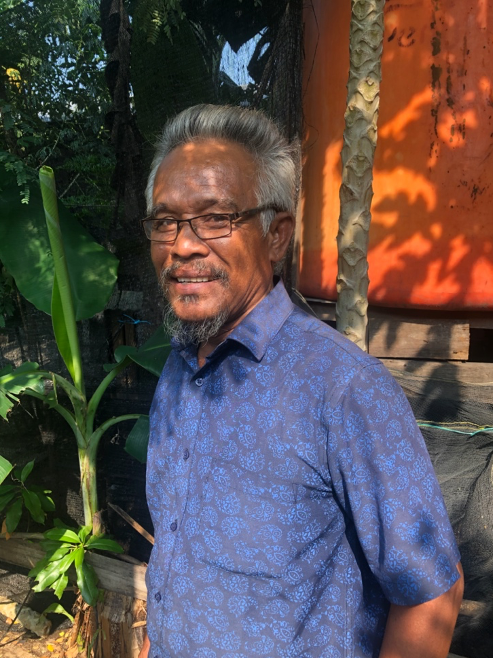
Pak Teddy, a resident of Kampung Akuarium, 16 January 2020 (Sayee Shree L.R)
Pak Teddy, a resident of Kampung Akuarium, 16 January 2020 (Sayee Shree L.R)
Pak Teddy
As translated by Ibu Amalia: So, two weeks before the, they get the letters, the letter of eviction, the excavator already moved here. So almost 11 excavators already park next to this area. And the people of course afraid and do not know, don't know what will happen to them. During the two weeks they get the second and the third notice during that week. The head of the kampung, the leaders, some of the leaders of the kampung already being approached by people from I don't know, the government or from who. The leaders of the kampung being taken out with the, with the rewards that they will get the new buildings outside. They will get the one unit in the nearest public housing, the nearest public housing from the site. So they take the leaders out so, the rest of the people that still live here are the people that don't know the situation yet. Yeah, they're not clearly what situation and they have no power. So, yeah, they can do nothing because the leader already being taken.
So, the government also build kind of stand for people, people that want to apply to get the public housing also, but it's far away from here. And you cannot move us to the public housing just like that because we live here with also our economic, I mean, we work here, we need the economic support also, like, for example, to move to the public housing, we didn't get the cost for that from the government to move. And then so how we will live in the new public housing that is almost 28 kilometres far from here. So that's why we, most of us refuse the public housing offer by government. I am here watching the bulldozer an excavator, ruining, demolish my house. And at that time, it makes us realise that we should be together as one to fight this eviction for the next days and we are open to everyone that wants to support us. We don't see from who but yeah someone who will support us to against the eviction in the near future.
Progress through the pandemic
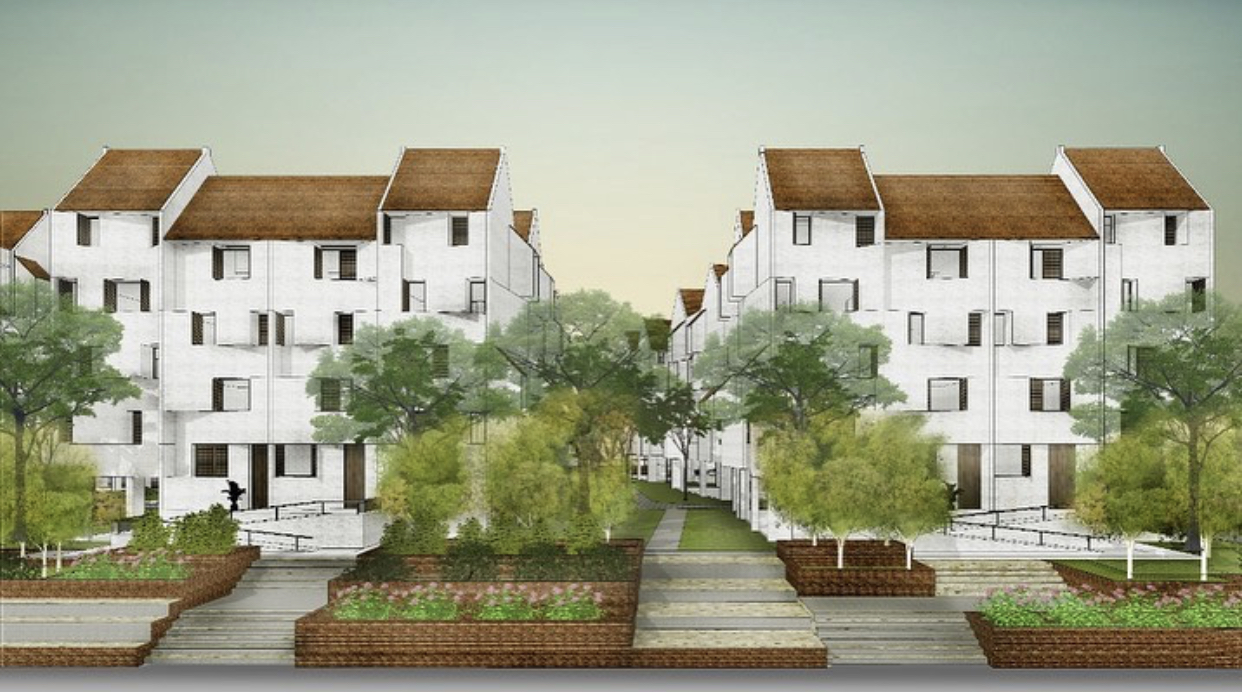
Sayee: Are you aware of the situation right now in the kampung?
Amalia: It's a little bit sad because one of the Kampung Akuarium people passed away from the coronavirus. But gladly this person, one who passed away, did not get the virus from the kampung. So because he going out two months ago or something, and then he feel sick outside the kampung and then he got back to kampung only to pack up his clothes to prepare to go to the hospital. Thankfully he did not come in contact with the kampung people, he only came back to take his things. After that the Governor started rapid tests in the kampung.
Sayee: Have you had a chance to go visit the kampung and are they receiving any help from the Government?
Amalia: The kampung make their own regulations. Like a lockdown. But since they work as an informal sector they still need to going outside. Yeah. Go outside to work and doing their jobs that much because they need to fulfil their daily needs. And, of course, because of the support from the government is not really enough to support their daily needs. They only give the, the primary food, like rice, like sugar or something like that, but not much. It's only, maybe fill them like a week and then after that they don't know what to do.
October 2020
The local media had reported in August that the construction was set to begin in September 2020.
Kampung Akuarium is making progress towards this goal with their Instagram page @kampung_akuarium posting a teaser of the "Urban Kampung" on 16 October 2020.
The residents of Kampung Akuarium are resilient. But only time will tell how and when they will survive the current pandemic and get to enjoy better living conditions in a place they will always call home.
